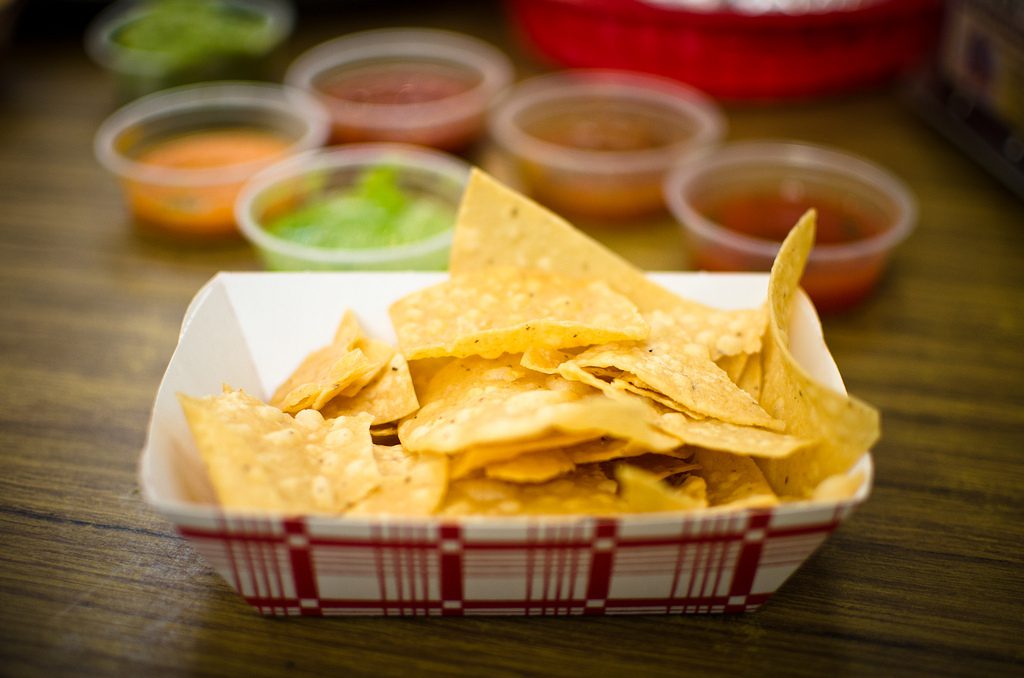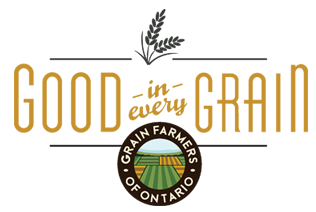Masa harina, traditional Mexican cooking flour

I absolutely love corn tortillas and corn tortilla chips. I’ve tried every kind in the grocery store. Recently, I saw this label on the back of a bag of tortilla chips:

It reads “Instead of using highly processed corn flour, [the makers of these chips] soak organic whole kernels and then grind the sprouted corn with real Mexican lava stones into traditional ‘masa,’ later crafted into chips.”
We always encourage our readers to be savvy about what food labels really mean, and as a big fan of corn tortillas I already knew a little bit about masa. Should you be worried about buying chips or tortillas made with “highly processed corn flour?”
Masa harina is traditional Mexican cooking flour (literally translated, it means “dough flour”) that comes from field corn. To make it, corn kernels are soaked in a mixture of water and calcium hydroxide, sometimes called “slaked lime” (not the fruit). The mixture alters the corn kernels chemically; without this pre-treatment, corn meal simply won’t form dough when mixed with water (just try it!). The process of soaking corn kernels in calcium hydroxide is called nixtamalization. Once the treated kernels are removed from the alkaline lime mixture and rinsed, it is ground into a fresh dough called masa. Masa only becomes masa harina once the dough has been dried and ground into a very fine powder.
You can make fresh corn tortillas and a variety of other traditional Mexican dishes with either fresh masa or the dried, powdered masa harina. However, it is important to note that you cannot substitute regular corn meal. Fresh masa is more difficult to find outside of specialty markets, but masa harina is widely available.
Should you be worried about that highly processed corn flour? Probably not — because the truth is, without the processing there’s no such thing as corn flour.
